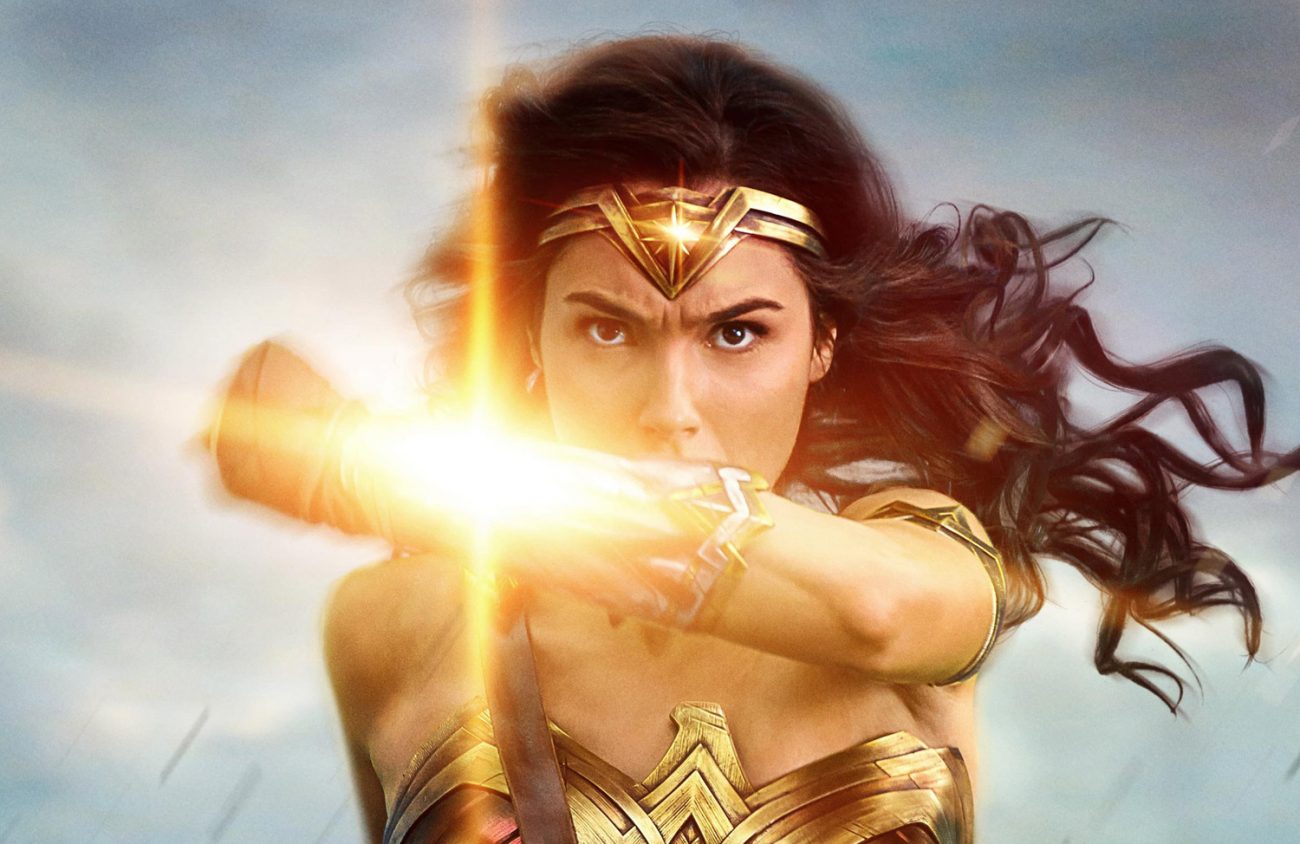Why do superheroes do what they do? It’s a question often answered with a glib oversimplification: It’s the right thing. When you’ve developed a super-suit to save your own ass, it’s the proper thing to use it to stop bad guys. Whether a freak accident gifts you with super-speed, or a spider bites you — same deal.
Superhero movies tend to make the right thing look like a given. There are bad guys; therefore, we stop them. Villains’ quick tongues and cool merchandise mean they often get more screen time than people whose lives need saving — unless it’s about saving a friend.
When the whole world needs a rescue, when all of Manhattan is very grateful to the Avengers or Superman, it might seem too difficult to focus on the ordinary folks on the street.
Wonder Woman is much more interested in ordinary people than villains. (The movie drags only when it focuses on its baddies, though Dr. Poison serves as an interesting reminder of how the patriarchy sees powerful women: broken, toxic, something to be controlled.)
It’s people who engage the feelings of our heroine, Diana (Gal Gadot), princess of Themyscira, who enters the world of men because she wants to help. Her world, her mythology, is built on helping; her people were created to help in a long-ago war.
Now her people stay on their island and train under the piercing gaze of Robin Wright as General Antiope. (Director Patty Jenkins does beautiful things with the requisite superhero slow-mo, dwelling on glorious, dreamy takes of strong bodies in motion.)
When Steve Trevor (Chris Pine as the perfect dude-in-distress) winds up on Themyscira with a tale of war and conflict in the outside world, only Diana — the baby, the innocent — wants to help. Everyone else has seen enough of the world of men.
Gadot has a little frown that serves her well: It illustrates her naiveté, but it also sits right above very knowing eyes. Diana might not understand your stupid human choices, but she still knows hundreds of languages and the lessons of history, and she has a vital curiosity that makes her want to explore anything new.
And she knows that power should be used to help. She can’t understand why people aren’t dropping everything to rush into battle to make the world a better place.
But they — we — don’t have the luxury of being nearly indestructible and the ability to leap tall buildings in a single bound. Wonder Woman is the story of Diana Prince’s coming to understand both of these things: the fallibility and fragility of mankind, and the extent of her own power.
As Wonder Woman makes its way from a breathtaking first act to a serviceable but bland superhero-standard ending, it traces one of the most inclusive and sincere narratives in superhero films. “Everyone’s fighting their own battles, Diana,” says Sameer (Saïd Taghmaoui), who wanted to be an actor but was the wrong color.
Jenkins and her writers carefully (if quickly) illustrate these battles: Etta Candy (Lucy Davis) references women’s getting the vote. Sniper Charlie (Ewen Bremner) is shaken by PTSD. Chief (Eugene Brave Rock), explaining his presence in the war, tells Diana that his people have nothing. Who did this to your people, she asks, outraged. Chief looks at Steve Trevor, sleeping peacefully. “His people,” he says.
Steve doesn’t have one of these moments. Not exactly — his backstory is hinted at, but stays unexplored. Steve is gentle and smart and sharply observant; he believes in doing the right thing, but he’s flawed, too. He has had to learn to turn a blind eye to some of the suffering he sees in the world. He can’t fix all of it, and to see it all can leave you overwhelmed by empathy.
Unless you are a superhero — in which case you have the power to transform your empathy into compassion, and do the best you can to help. This is Diana’s journey, and it is a beautiful and affecting indictment of the kind of people who have power yet can move through the world without using those powers for good.
When she first finds herself in the world of men, Diana is all empathy, a raw nerve, enthused and horrified and mystified in turn. But when she sets foot on the muddy field of No Man’s Land, putting herself in the line of fire because she has the power to do so, she transforms into Wonder Woman on every level.
She does this, and so many other things, while men tell her no. She does it believing that a greater power than any of them is masterminding the whole war. She does it not just because it’s the right thing, but because everyone is fighting their own battles, and hers is a battle for love and compassion. It’s one we should all remember to fight. (Cinemark 17, Regal Valley River)
Help keep truly independent
local news alive!
As the year wraps up, we’re reminded — again — that independent local news doesn’t just magically appear. It exists because this community insists on having a watchdog, a megaphone and occasionally a thorn in someone’s side.
Over the past two years, you helped us regroup and get back to doing what we do best: reporting with heart, backbone, and zero corporate nonsense.
If you want to keep Eugene Weekly free and fearless… this is the moment.
